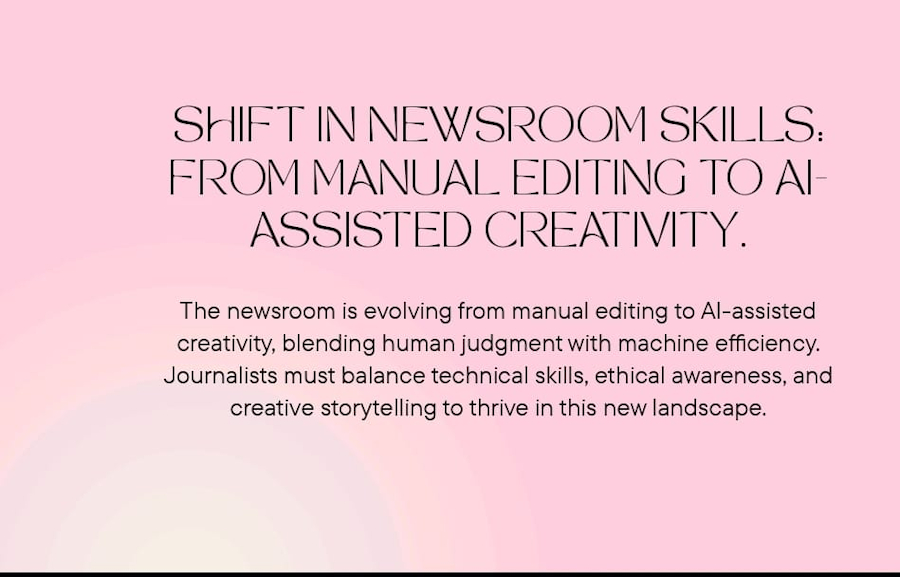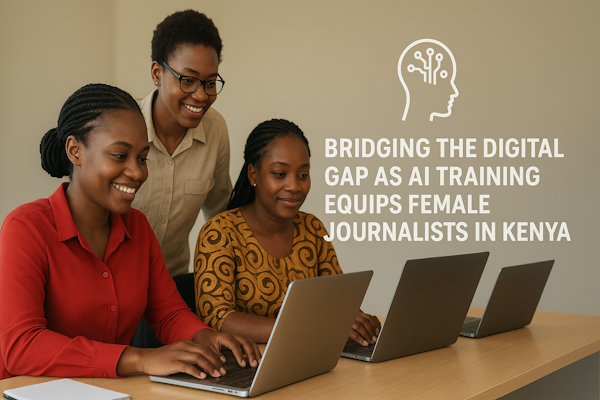By Natalie Kakai

The media industry is a cutthroat industry, it requires one to grow and evolve with the times and trends or risk being overtaken. In the early 2010s, Kenya began its efforts with a digital migration and completely switched from analog to digital. In 2015, main media houses began adapting and moving to social media platforms such as YouTube and even creating their own apps. Ten years later IAWRT – Kenya has released a report showing how women are faring with this transition.
When we think about the use of technology and people’s mindset, oftentimes people will fall into two categories; they would be of the opinion that it is easy as many people own mobile phones and are on social media or they would think it is difficult because of the technicalities behind it such as operating social media accounts.
Using technology as a journalist is more technical than using it for your personal reasons. The editorial processes and standards still apply even though most digital tools are readily available to the general public and this is why having the necessary skills is important. It ensures that you stand apart and that you are credible whether you are working as a freelancer or for a big media house.
To be a digital journalist, having a strong background in journalism, communication, or media studies is important. You would need to be up to date with social media management trends that includes creating, packaging and disseminating user generated content, how different platforms work and the features that they have to help you in increasing your numbers such as engagement, audience and reach. It is also helpful to be good at data analysis and know how to use platforms such as Google analytics and Meta Business Suite in order to know how your content is performing and to be able to point out areas of improvement. Data analysis also helps journalists to tell their stories, backing them up with numbers gives more details and credibility.
While using technology, journalists require lessons and skills on digital security to ensure they stay safe both online and offline. This entails how to lock your devices to prevent unauthorised access and also applies to online accounts.
Verification and fact-checking are also skills that are necessary. Today, it is very easy to spread misinformation and disinformation. It is important to have this skill in order to make sure your stories are factual and that you can stay a credible journalist.
More skills that help in the use of technology include search engine optimization; the use of keywords to get your digital work more reach and make it more discoverable online. Mobile journalism is also an emerging trend and learning it makes it easier and cheaper to work on the go, it has made it possible for journalists to do stories without the need to purchase or hire expensive equipment.




